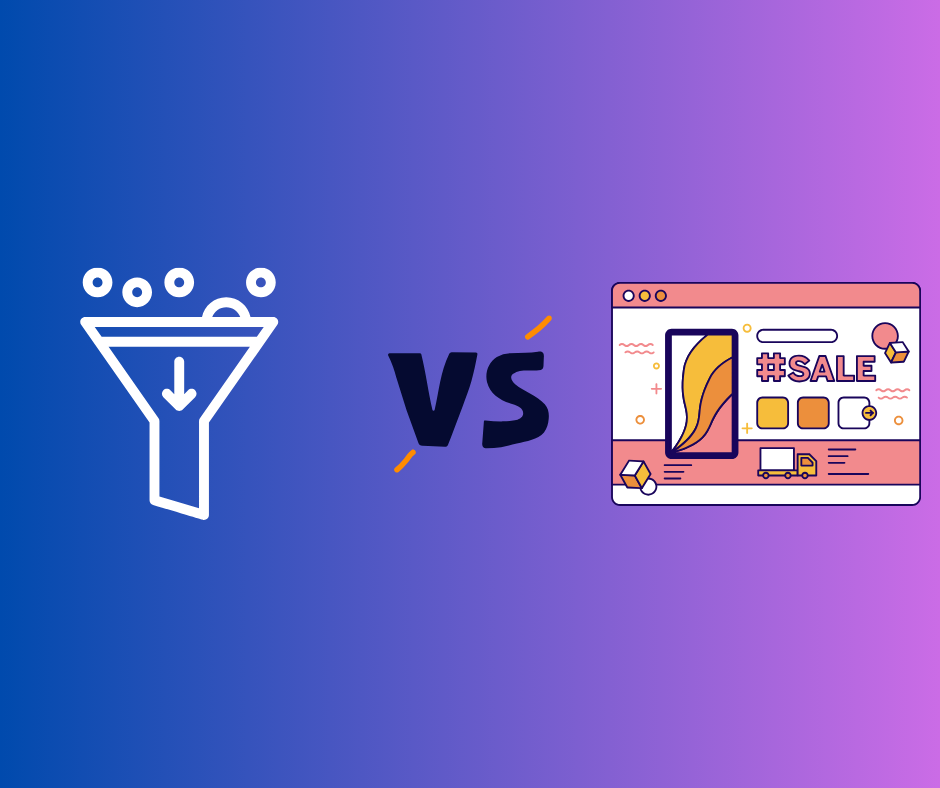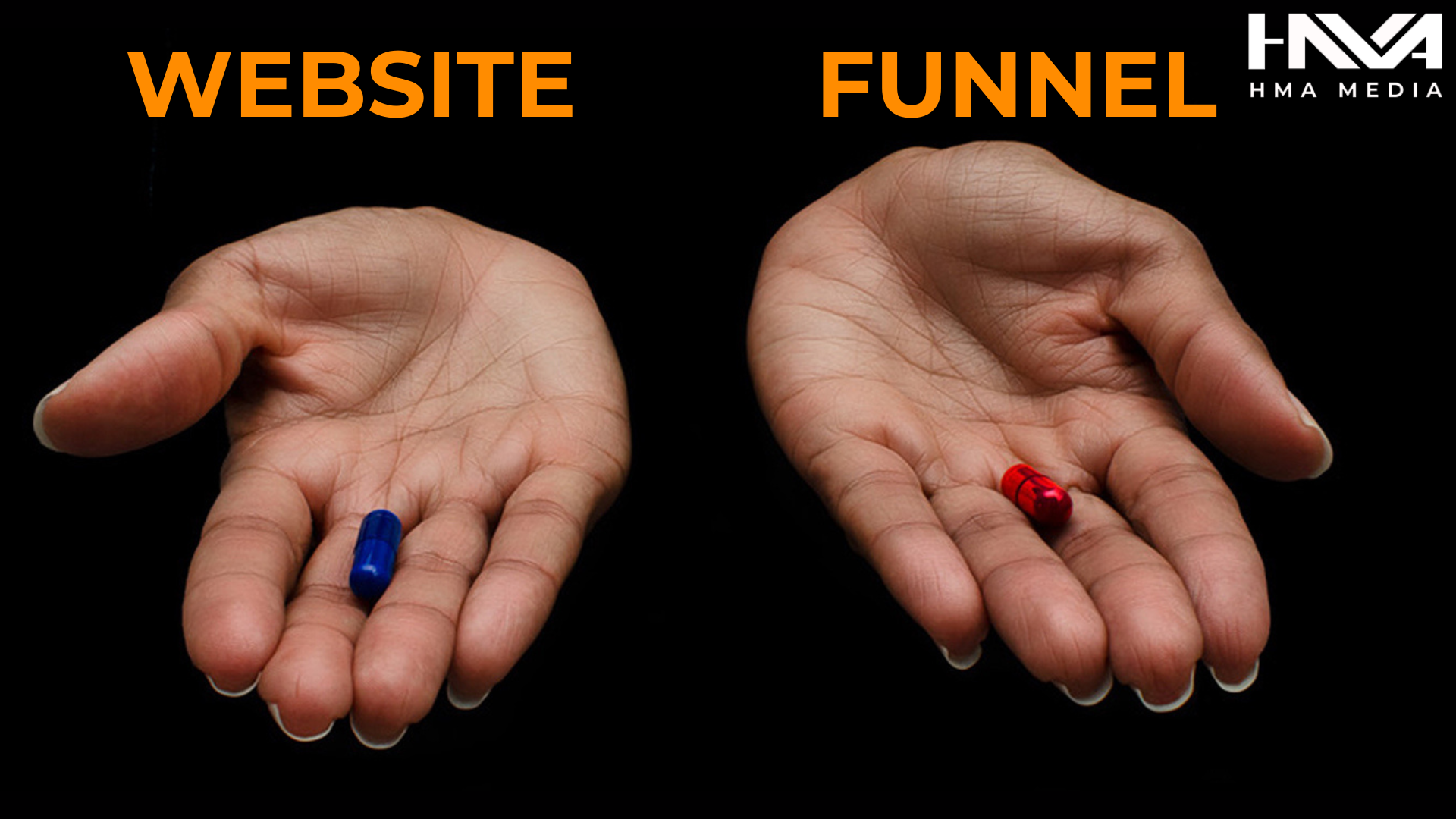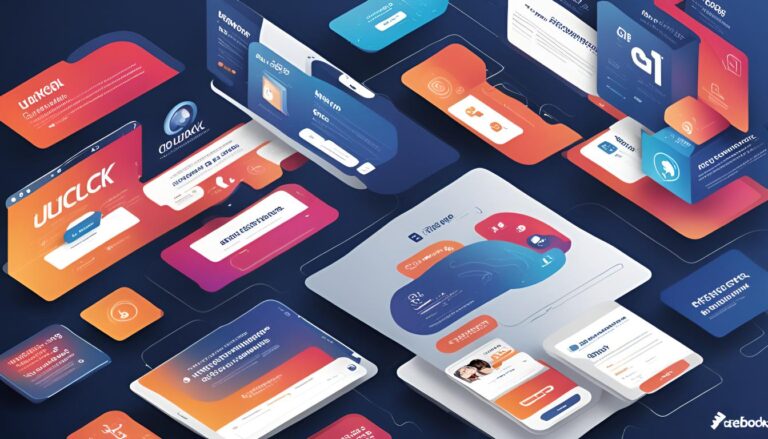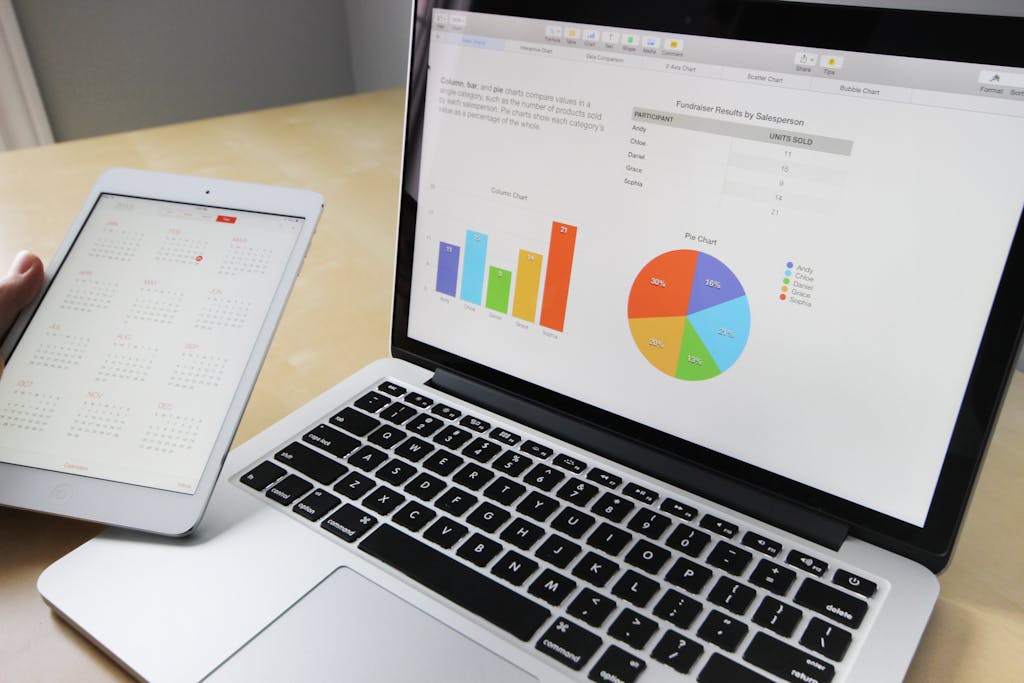What is a Funnel? [Marketing Version]
Everyone felt lost in the world of marketing at one time or another? You’re not alone. Today, we’re understanding a term that gets flowing around a lot: FUNNELS. If you’re a digital marketer who’s ever scratched your head and wondered ‘what is a funnel, exactly?’, then this blog post is for you. Let’s ditch the confusion and understand exactly what a funnel is and why it’s important for your digital marketing strategy.
What is a Funnel?
Funnel is a common term that can be confusing for even the savviest digital marketer. In simple terms, a funnel is a fancy way of describing the journey a Stranger take from the moment they learn about your brand to the moment they become a paying customer (or a loyal fan!).
Imagine a big ol’ funnel like the one you might use in your kitchen. You pour in a broad audience at the top, maybe everyone who visits your website. As they move down the funnel, the audience narrows because not everyone who visits your site is interested in what you have to offer. The goal of your marketing funnel is to nudge those interested customers further down the funnel, ultimately converting them into something valuable for your business.

Different types of Funnel
Digital marketing is all about specific goals and targeted audiences. That’s where funnel with different goals come in! Each one caters to a unique objective. Here’s a few common funnel types you’ll encounter:
- The Awareness Funnel: This type is all about generating brand awareness and introduce potential customers to your products or services. Think social media campaigns, blog posts, and search engine optimization (SEO) tactics. The goal here is Brand Awareness and pique interest to a broad audience.
- The Lead Generation Funnel: Once you’ve sparked some curiosity, it’s time to capture leads! and that’s where Lead Generation funnel comes in. This funnel focuses on converting warm audience (like website visitors) into potential customers by offering valuable content like ebooks, webinars, or free trials in exchange for their contact information.
- The Upsell Funnel: Now that you have leads you’ll nurture their interest! for that here comes the Consideration/Upsell funnel. This funnel provides in-depth information about your offerings, helping leads understand how your product or service solves their problems. Product comparisons, case studies, and free demos come into play here, convincing leads you’re the best solution for their needs.
- The Sales Funnel: Decision time! The Sales Funnel. This funnel streamlines the buying process, making it easy for leads to convert into paying customers. Clear calls to action, secure payment gateways, and limited-time offers can all help push leads towards that final purchase.
- The Retention Funnel: Don’t stop after the sale! The retention funnel focuses on building customer loyalty and encouraging repeat business. Loyalty programs, personalized recommendations, and exceptional customer service are all important and crucial for keeping satisfied customers coming back for more.
How is a funnel different from a website?

While both websites and funnels play a crucial role in digital marketing, they have distinct goals. Think of your website as a bustling town square. It offers a variety of information and resources, catering to different interests. Anyone can wander in and explore freely.
A funnel, on the other hand, is more like a guided tour. It has a specific path designed to lead visitors towards a single action, like making a purchase or signing up for an email list.
Here’s a table summarizing the key differences:
| Feature | Website | Funnel |
| Goal | Provide general information and resources | Drive visitors towards a specific action |
| Structure | Open and explorable, with multiple pages | Linear flow, with a clear path towards conversion |
| Content | Diverse content catering to various needs | Focused content tailored to the funnel’s goal |
| Navigation | Menus and links allow for free exploration | Limited navigation to keep visitors on track |
By understanding these key differences, you can leverage both websites and funnels to create a winning digital marketing strategy.
Funnel or Website: Which is Better?

So, which one reigns supreme: website or funnel? The truth is, they’re not rivals, but rather teammates in The Digital Marketing Game. Here’s why:
- Websites are your digital headquarters. They establish your brand identity, showcase your products or services, and provide valuable information to potential customers. Imagine a website as a comprehensive brochure – it should be informative, engaging, and leave a lasting impression. Websites are excellent for building brand awareness, attracting organic traffic through SEO, and nurturing leads through informative blog posts.
- Funnels, on the other hand, are laser-focused conversion machines. They take website visitors who are already interested and guide them towards a specific Call to Action. Think of a funnel like a salesperson who expertly closes the deal. Funnels excel at capturing leads, driving sales, and promoting specific offers.
The best approach is to utilize both! Your website acts as a welcoming hub, while targeted funnels convert website visitors into loyal customers. This powerful combination fuels a successful digital marketing strategy.
Conclusion
So, You’ve no more confusion about what a funnel is and why it matters! We’ve delved into different funnel types, understanding how each one is used to acquire which specific goals in your digital marketing journey. From sparking brand awareness to driving sales and fostering customer loyalty, funnels offer a targeted approach to reach your target audience.
But remember, your website acts as the foundation, attracting and informing potential customers. Funnels then step in to convert those website visitors into paying customers or loyal fans. By leveraging both these powerhouses, you can create a winning digital marketing strategy that achieves real results.
Now that you’re equipped with this funnel knowledge, Start crafting targeted campaigns to optimize your digital marketing efforts, and while creating a funnel you need to think carefully about your target customers; how their needs change as they progress toward purchase and beyond.
Best of luck!






